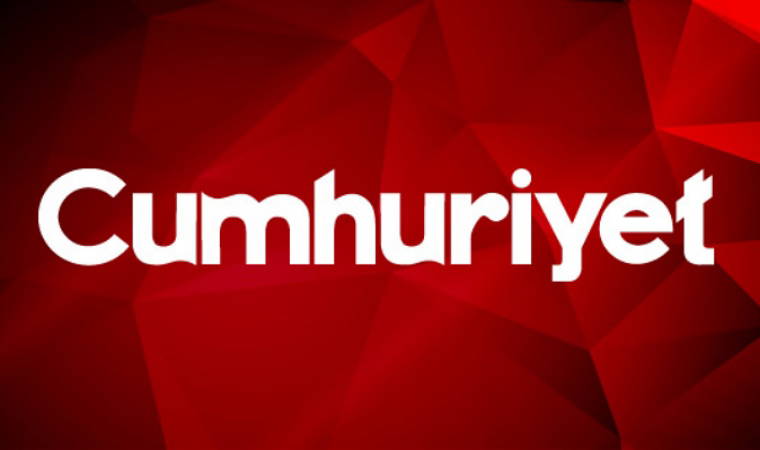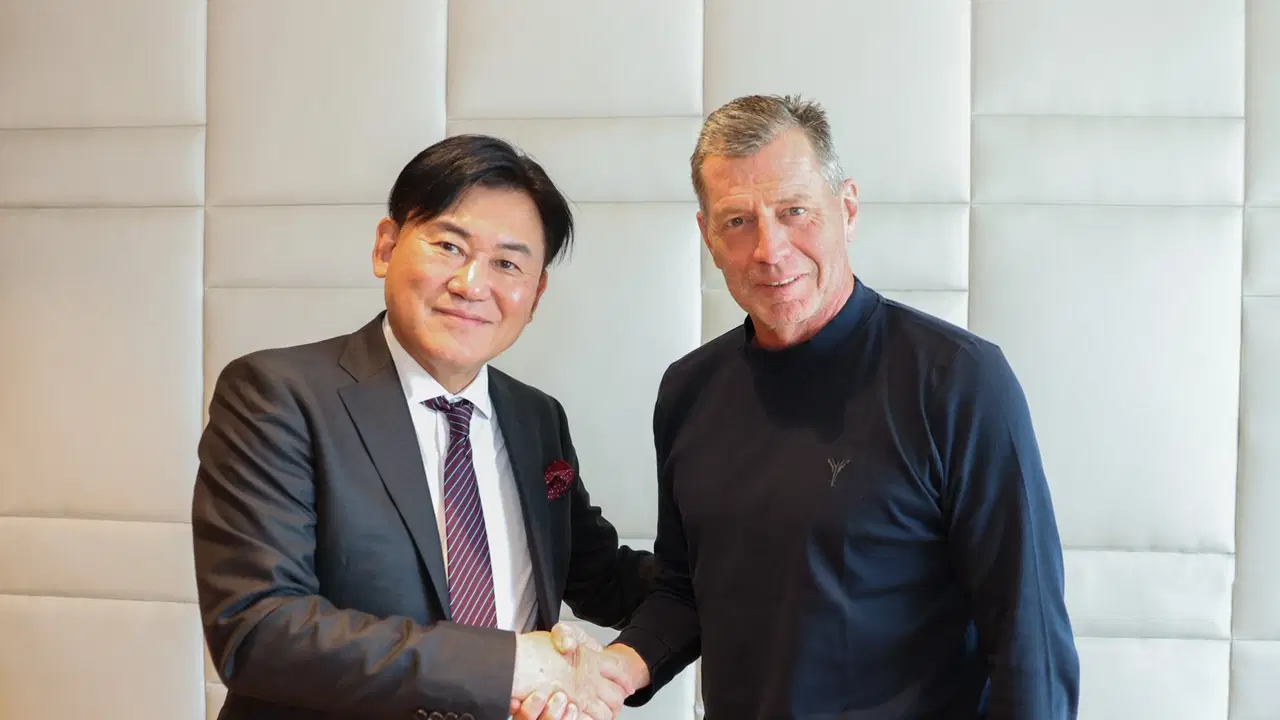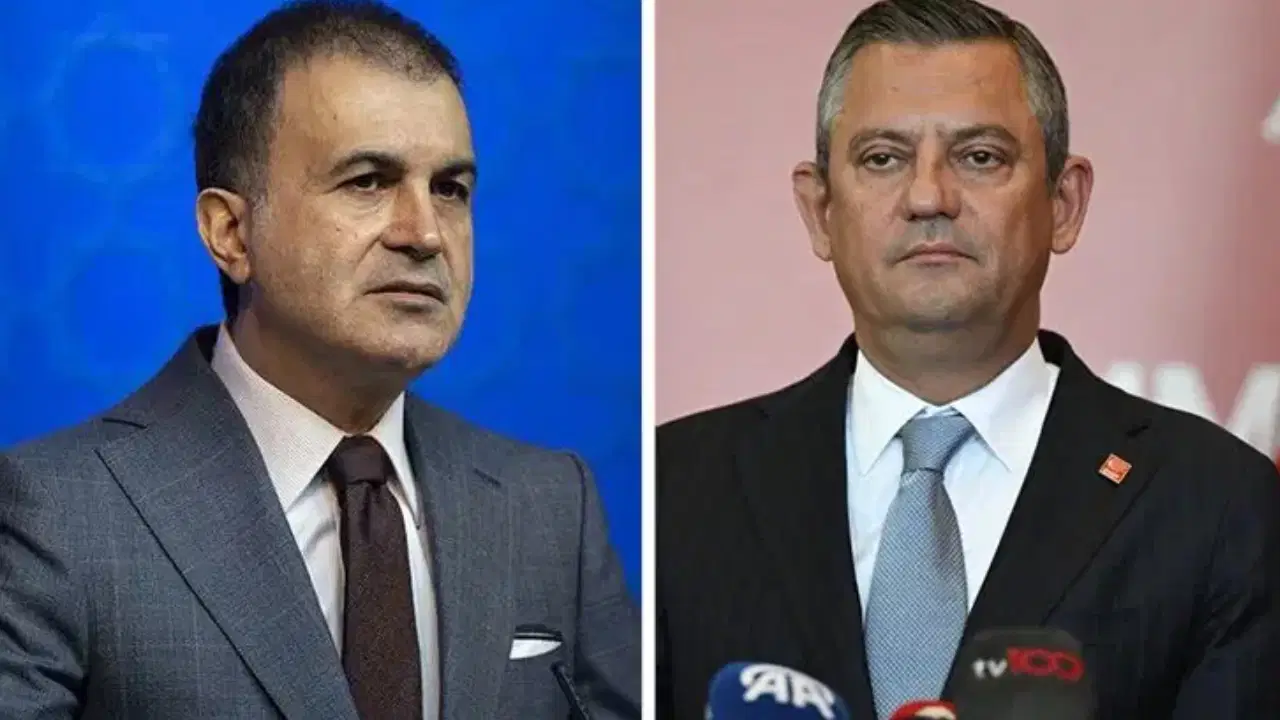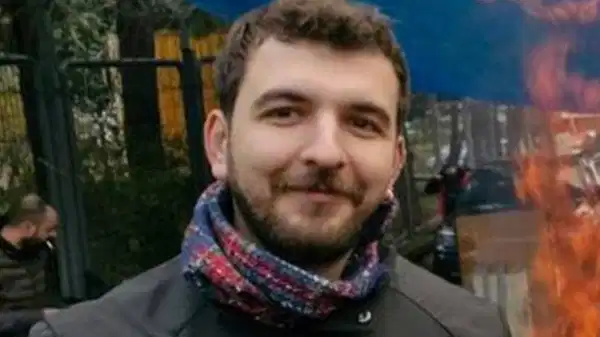
Ahmet Tulgar
Evrim Alataş was one of the most brilliant of our young generation of literary figures. He both used humour as a means for treating the pain that the Kurds suffered in the 1990’s and also depicted it in very harsh terms, but again with humour. He laughed fearlessly in the face of oppression. His life did not last long. We lost Evrim but his works remain with us. “Mın Dît” (I saw) is a film made in 2009 whose screenplay Evrim penned along with director Miraz Bezar. In one of his last articles, Evrim spoke in painful laughter in his ever carefree and decisive style of how the film was unable to benefit either Turks or Kurds. In “Mın Dît” the story is told of two children whose parents have been killed by Gendarmerie Intelligence and Anti-Terror being left alone in the “political city” of Diyarbakır, and it laid bare to those who wished to see how the city’s middle classes in the years in which conflict was at its harshest managed to become and remain engulfed in conformism and insensitivity.
The “middle class” of the conflict
This “middle-class attitude” had not existed very long as a phenomenon in Kurdish society. It developed in the course of the conflict. This new middle-class attitude established a utilitarian and “safety-seeking” posture emerging in response to various interests that clashed with the main vein of Kurdish politics. There were those whose concern was the issue of security of life and property created by the conflict, while the concern of others was a discomfort felt over the breakdown of tranquillity, of others the status and power that the labouring and poor masses who had paid or were paying the price had rapidly acquired vis a vis top income groups, of others the social erosion created by migration from the countryside to towns, of others the anger that investments in the area were fleeing or coming to a standstill, and of others collaboration out of the need to approach the state to obtain incentive payments. Added to this group were certain tribal structures and the population assigned to guard duties.
It was not long before this group would come together with the movement that had become the main vein of Kurdish politics in that period and supporters of other Kurdish political parties and organisations that had deep roots but had suffered considerable attrition in the course of mass conflict which it had long cold-shouldered or felt enmity towards.
Religion and conservatism is known to be a very important force in Kurdish society. The religious organisations and brotherhoods which had been nurtured by official bodies since the 12 September 1980 military coup, had been consolidated from the outside so as to strike at the Kurdish armed movement this time targeting its secularism and a portion of which had even been supplied with arms mingled with the disaffected in the towns in this period.
In schematic form, these were the three groups displaying the “middle-class attitude” who, when the AKP commenced the opening process, were initially bewildered and then participated in the process thinking that the Kurds’ time had finally come and said “Count us in, too” so as to taste any potential benefits.
However much, for the duration of the entire solution process, the government conducted negotiations with the mainstream or main-vein movement, this segment that we have called in crude terms the middle class and now predominantly votes for the AKP was also awaiting its time. The government, for sure, was making calculations with regard to this segment, too.
The first solution (opening) process that the government launched as the summer months of 2009 approached courted huge support among a very broad segment of Kurds and intellectuals and peace supporters. However, FETO-member prosecutors also rapidly set about compiling indictments and started the KCK operations by the winter of the same year and many important figures in Kurdish politics were detained.
The opening and its immediate aftermath
Two years later, with the KCK operations still in progress and the first phase of the solution (opening) process having ended, Ömer Laçiner would reach the following conclusion on page 272 of Birikim journal (December 2011):
“... today the AKP, however much it has a presence in the region as the state and the party governing the state and still maintains certain traditional state policies, appears to have constructed its mid to long-term strategy in relation to the ‘problem’ not on these things but fundamentally on its “base” that coincides with its own party’s identity – the local bourgeoisie - gaining strength/influence, and is informed by this in its actions. Even if the BDP continues to read both that famous “opening” initiative of the AKP and the KCK operation that it launched in the immediate aftermath and that it still continues in waves in terms of that by now well and truly outdated schema – which it does not wish to abandon – what the AKP is aiming at with this operation is not to crush the Kurdish movement in general but the turning of its own “base” in the region into the transporter of this movement’s ‘conservative democratic’ aspect through demands and regulations that it will readily concede to. We can also certainly call this the plan to integrate through its own methods and means the conservative content of Kurdishness into the Republic of Turkey.”
As the 24 June elections beckon, the AKP, which by now has convinced itself that it is the state party and makes claims to this effect, appears to have abandoned this strategy to which it devoted great effort, that is, the plan, as Laçiner puts it, to integrate the Kurds through demands and regulations that it will concede to with its base in the region as transporter.
As the 24 June 2018 elections approach, its striking out of well-known MPs who represent the region’s middle-class conservative block and its breaking off of all dialogue with Kurdish parties which it clearly supported in opposition to the BDP in the 2011 elections serve as pointers to this.
The HDP and the Kurdish Parties
In just this period, alliance negotiations started between parties rooted in the Kurdish base in the region – the Azadi Movement, Kurdistan Freedom Party (PAK), Kurdistan Democratic Party (PDK), Kurdistan Democratic Party - Turkey (PDK-T) and Kurdistan Socialist Party (PSK). However, with the parties apart from Hüda-Par, which the HDP declared from the outset it would not form an alliance with, reaching no agreement following lengthy negotiations, the negotiations came to a halt. It was said that the HDP was unable to agree with the numerical quota of seats that would be allotted to these parties.
This situation is still undergoing debate among the Kurdish public. Pointing to the quotas allotted to the Turkish left, Kurdish nationalist circles are complaining that the same generosity was not shown towards Kurdish parties. However, it must not be forgotten that almost all the candidates from the Turkish left come from HDP components or are representatives of parties or organisations that have partnered the HDP in various actions. And, sight must not be lost of the fact that the HDP, like its predecessors, is a party that is of socialist origin and whose ideology is composed of socialist concepts. Despite the heterogenization that turning into a mass body has brought.
With the AKP appearing to have abandoned its expectations of the Kurdish electorate out of a number of political preferences including its alliance with the MHP, the Kurdish middle class is currently waiting in silence somewhere out there as a sector of the population that will have a determining influence on where the local bourgeoisie and conservative voters will swing to in the elections.
“Failure of the wide alliance created sadness”
Mesud Tek (PSK General Chair)
- Which party will the PSK support officially or by way of its base?
The Kurdish Electoral Alliance of which the PSK is a component was unable to bring efforts to form an electoral alliance with the HDP to fruition. So, the Kurdish Electoral Alliance will position itself in accordance with the new situation. In the announcement it made following the failure of the electoral alliance with the HDP, the Kurdish Electoral Alliance stated that it would take the Kurdish people’s democratic demands into account while positioning itself. This is where we stand as a component of the alliance and we will take this perspective and the making of a contribution towards the democratisation process into account while adopting a new position.
- What was the reason for the inability of the Kurdish parties to form an alliance with the HDP? How was this situation greeted and how was it debated in Kurdish society?
In the announcement it made about the ending in failure of the alliance negotiations it conducted with the HDP, the Kurdish Electoral Alliance cited as the main reason the HDP’s failure to bring into effect the items it had appended its signature to. According to one item agreed on between the Kurdish Electoral Alliance and the HDP, the items contained in the joint protocol would be included in the HDP and Mr Demirtaş’s electoral manifesto. But, the friends from the HDP did not act accordingly and they were not included in Mr Demirtaş’s electoral manifesto. Pronouncements by certain HDP people and certain external circles that, “The alliance was not created because they could not agree on the number of MPs” does not reflect the truth and, in my opinion, does nothing to further any future possible cooperation, either. Just as the prospect of a wide-based electoral alliance being formed created enthusiasm and excitement among the people, its failure created sadness. Nevertheless, I am optimistic about the future. I think we will see the positive effects of these alliance efforts in the days to come and they will make our task a little easier in this respect.
“The HDP has readied itself more seriously despite the difficulties”
Cemil Elden (HDP Headquarters’ Administrator)
The dynamism that emerged among the electorate in June was an important signpost for us in terms of taking the party out to the wider masses. However, in the 1 November elections, fear was instilled in the western voters who had voted for us for the first time due to the AKP ruling party’s intimidation policies. And we were unable to be as organised as we should have been on 1 November. And, with this having a consequent impact out in the field, a different result ensued. However, the policies that have been implemented since that day, especially what happened in Sur, Şırnak, Cizre and most recently Afrin, have exerted a great effect on the Kurdish people. Among Kurds, these oppressive policies of the ruling party have led voters who previously voted for the AKP and other parties in the direction of the HDP. We see this precisely reflected in our readings in the field. It appears that the HDP has readied itself more seriously for the 24 June elections despite all the difficulties and is in serious solidarity with all sections of society. If this unity is correctly organised, the result will most clearly be in our favour. We must organise a correct style of campaigning and manner of struggle in all areas and create formulas with the correct people and on a sound basis that will maintain the support the people have for us to enable us to convert the people’s positive thoughts about the HDP into votes. The share of the vote that we took with Selahattin Demirtaş in the 7 June and 1 November elections is plainly evident. Selahattin Demirtaş has created a profile as a co-chair that is very well loved not just by Kurds, but many circles of society. His being imprisoned is undoubtedly important for this struggle but is not a shortcoming, because even if Demirtaş is incarcerated, he has the potential and intelligence to enable him to reach out to voters. The love the people have for Demirtaş shows us that Demirtaş is Turkey. So, his being imprisoned should not be perceived as a shortcoming but, quite the reverse, it shows us that the sphere of influence he exerts on the masses has widened further and has turned into a plus.















